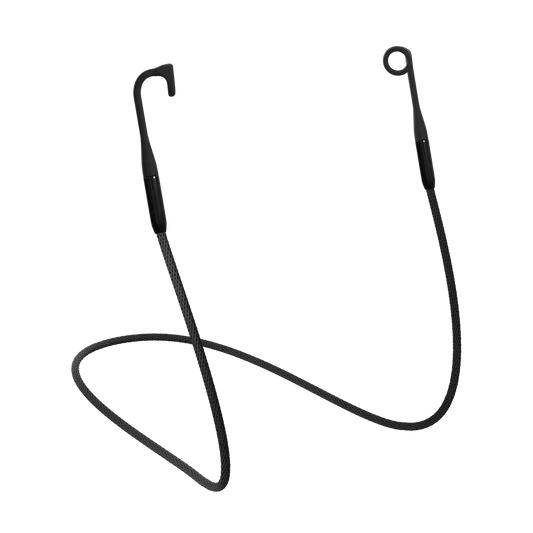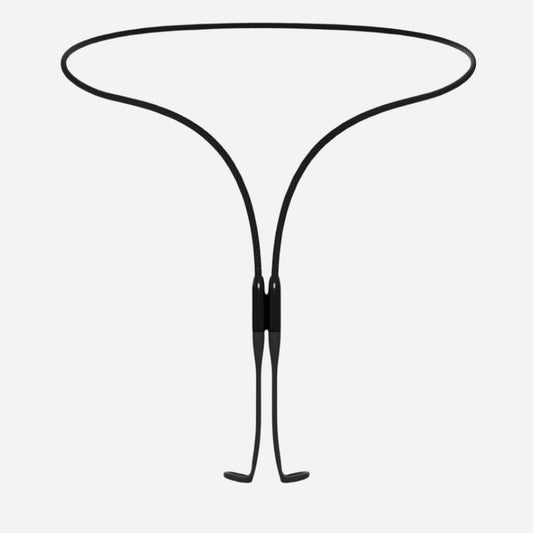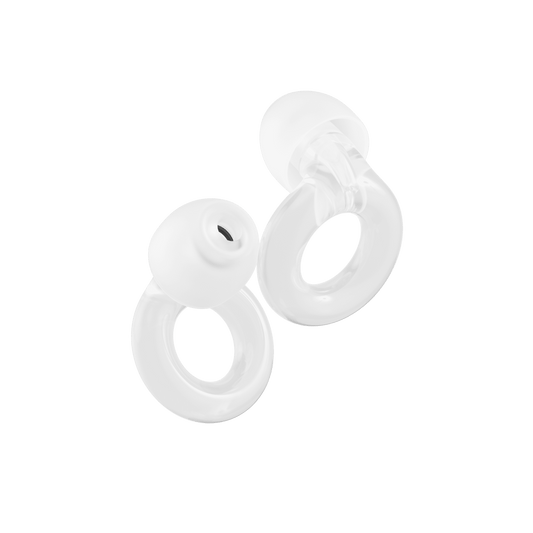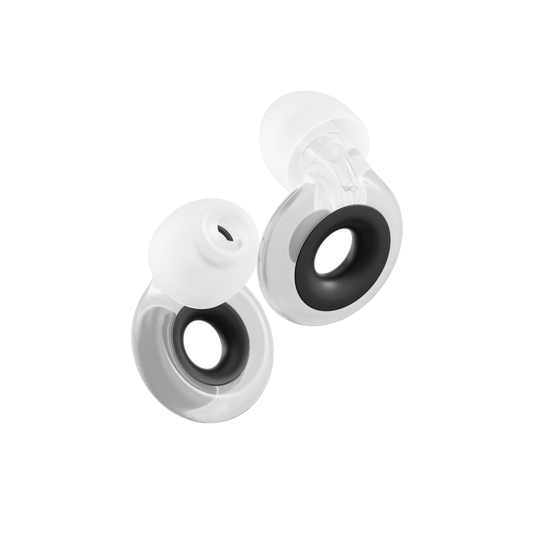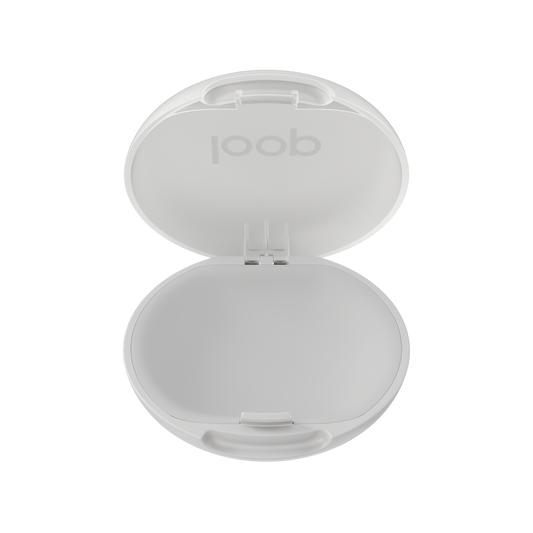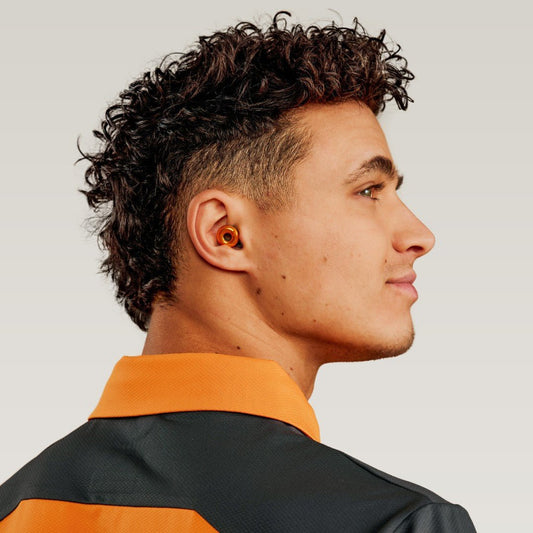
You asked, we listened
You told us what you want. We listened. Now, we’re gearing up to reveal some big news on October 18th.
We’re always striving to provide the best possible solutions to meet all your hearing needs. A huge part of that is getting your feedback and acting on it. So we’ve been listening to what you have to say about our earplugs, and we’ve heard you loud and clear (or should we say quiet and clear?).
We’re big on the science of sound, so to get a little technical, we think the major things to look at boil down to the occlusion effect and sound attenuation. But what does this mean for you? Let’s take a look.


What is the occlusion effect?
The occlusion effect is the experience of hearing a distorted or louder version of one’s own voice (or other internal sounds like chewing, breathing, and movements) when something is blocking the outer ear canal.
For some, it can almost feel like being underwater or having your head in a bubble.
As earplugs are specifically designed to block the ear canal, they can induce the occlusion effect to varying degrees.
What is sound attenuation?
In the context of sound (and not the pure physics), sound attenuation is a reduction in the intensity of a sound. In relation to earplugs, the level of sound attenuation simply means the amount by which the earplugs reduce the noise level (measured in decibels).


What you told us
After carefully looking through thousands of reviews, it’s clear that your most common gripes relate to the occlusion effect and sound attenuation.
Some of our earplugs are designed mainly for blocking out as much sound as possible, and this can cause a noticeable occlusion effect for some. This isn’t necessarily a bad thing, but it means some earplugs may not be perfect for every situation. You might be on the lookout for earplugs that allow you to hear a conversation.
Some of our other earplugs are designed to reduce noise levels while maintaining sound fidelity. This is ideal when you’re at a gig, an event, or at a festival for example. But for some, the level of noise attenuation with these earplugs can be a little low for certain situations.


What we’ve heard
In a nutshell, you want to be able to speak and hear clearly and minimize the sound of your own voice (and other internal noises like chewing, breathing, etc.) in your head, while also having sufficient noise reduction.
You want earplugs that help you:
* Stay engaged
by filtering the noise but allowing you to keep conversation going
* Avoid the occlusion effect
enabling you to hear your own voice more naturally and minimize other internal noises.
We’ve been working hard to find something that ticks all the boxes, and we think you’ll be happy with the results. We’ve listened to your feedback and we’ve been
working hard to find the best possible solutions to the needs you’ve flagged.
Want to be the first to know the news on October 18th?
Sign up to our newsletter below and follow us on social media.






























